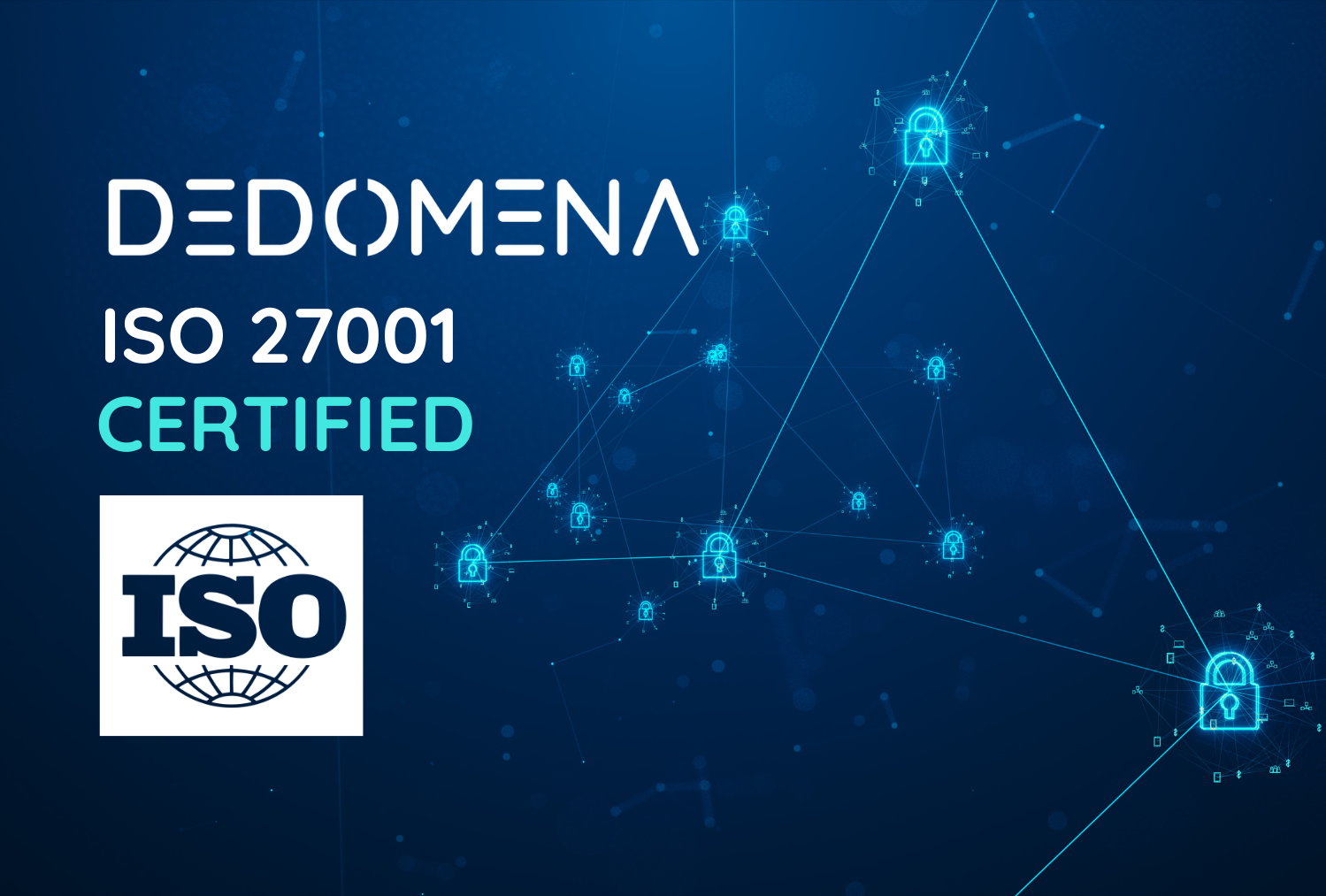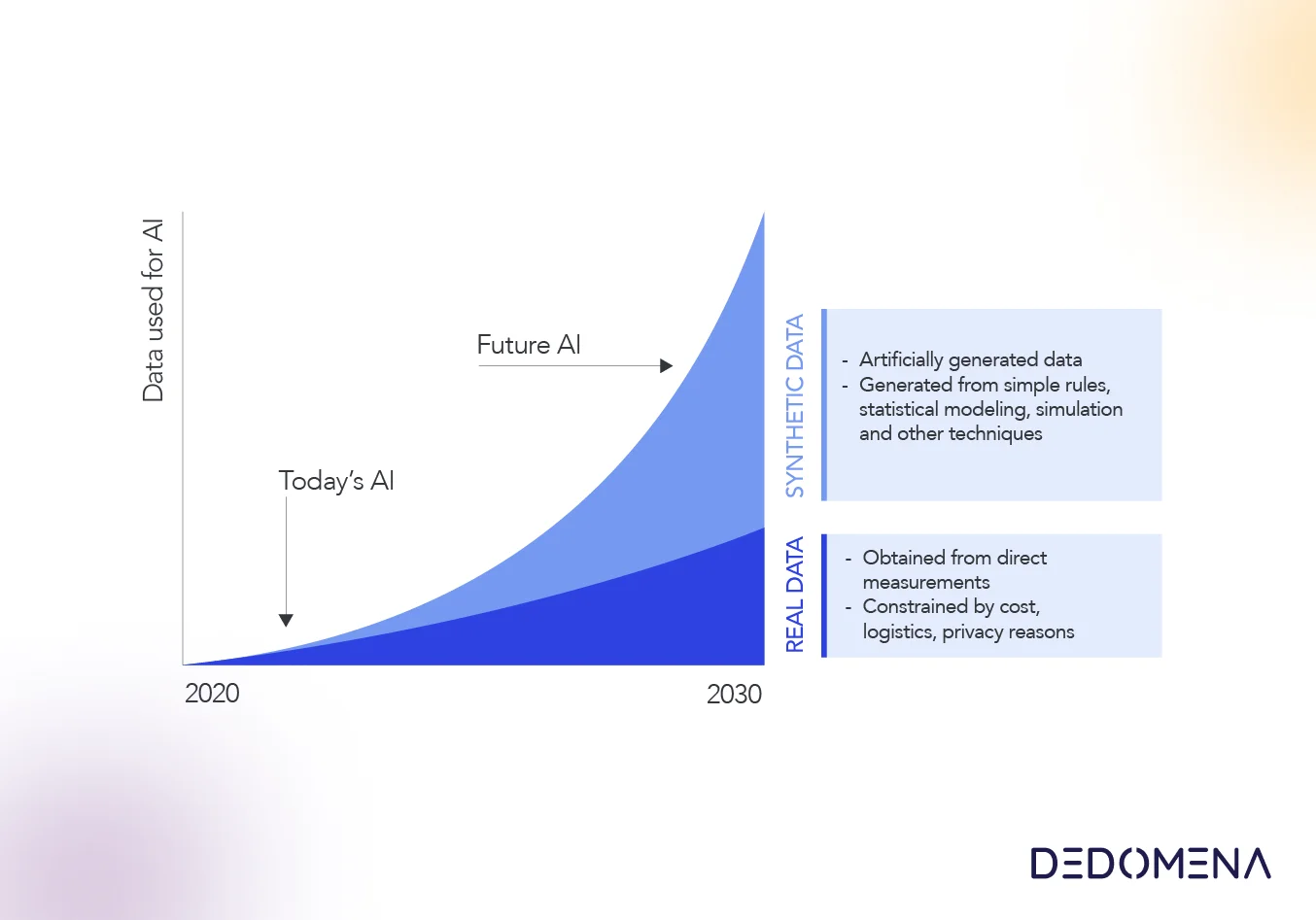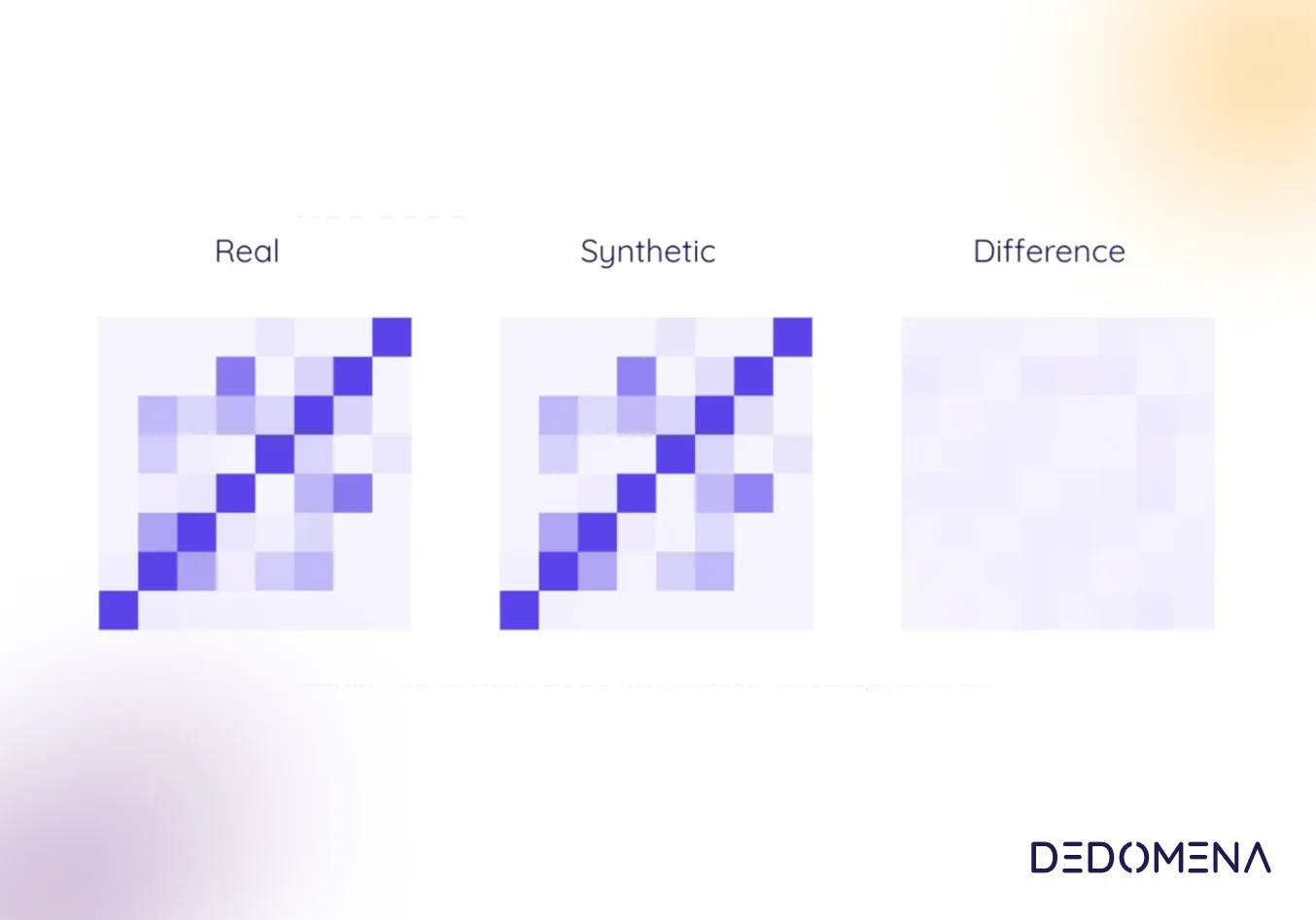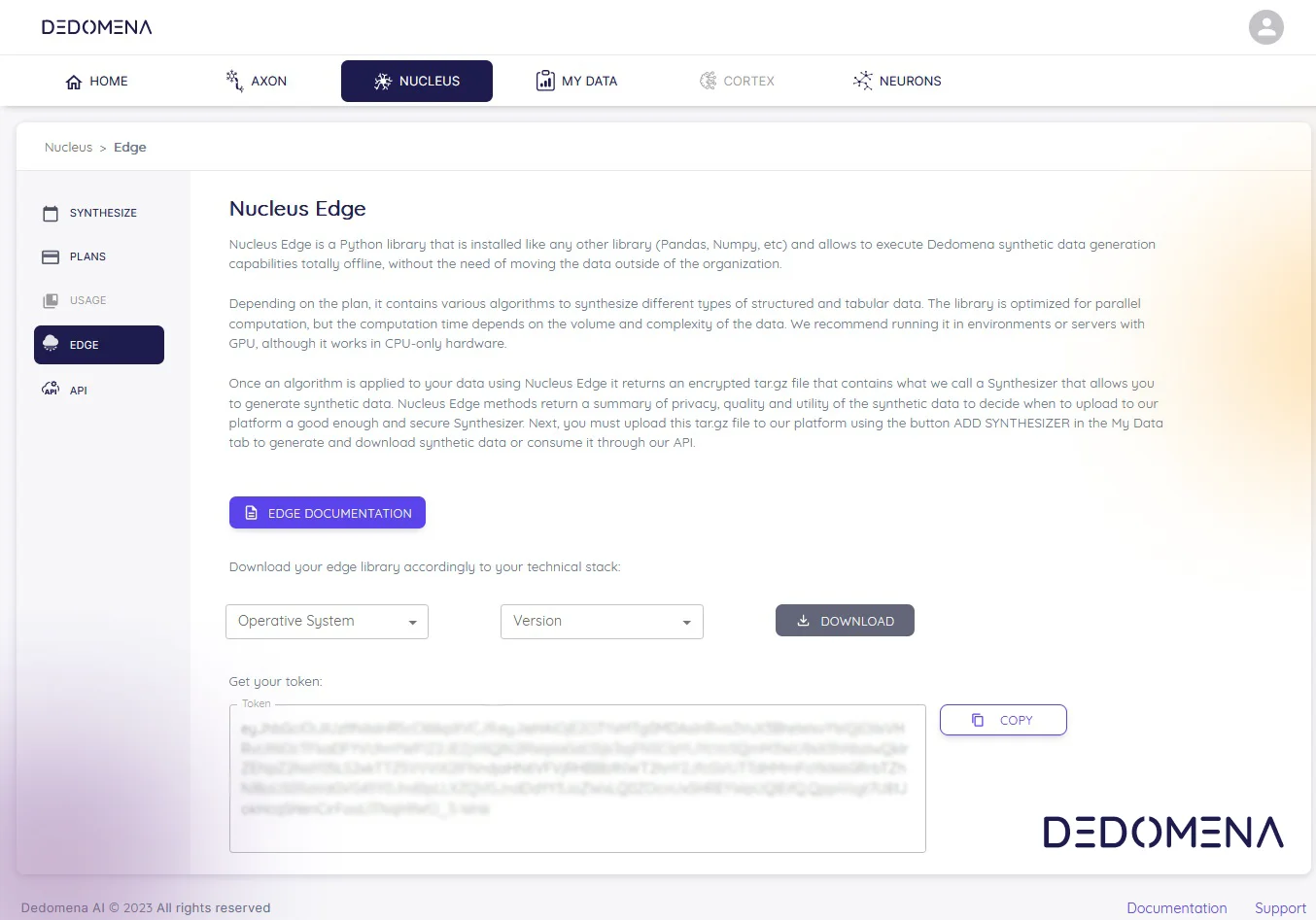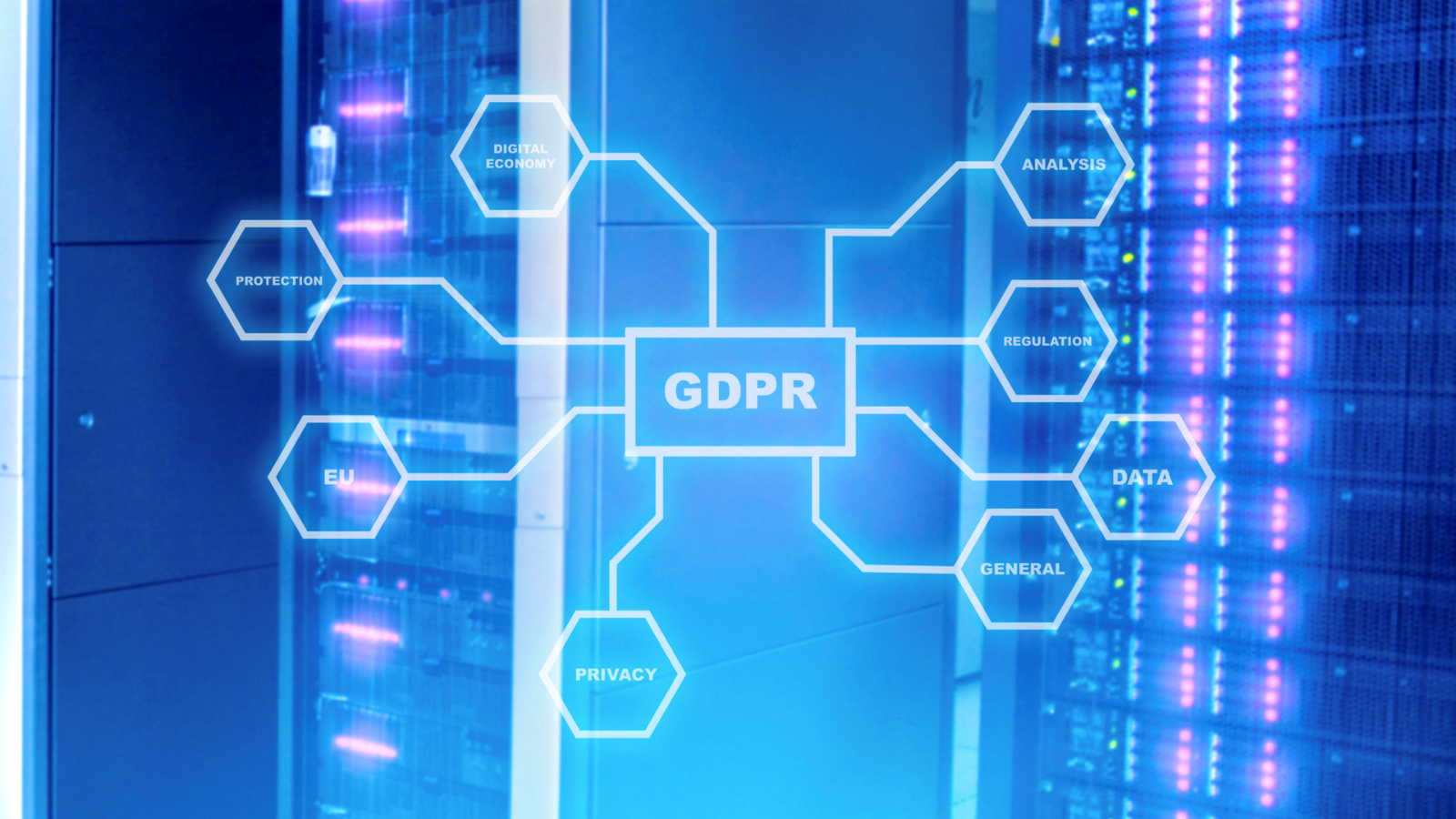In the ever-evolving landscape of data-driven technologies, a novel protagonist has taken center stage: synthetic data. Much like the transformative byproducts of historical industries, synthetic data has emerged as a game-changing force, opening doors to unprecedented data monetization strategies. It's not just about the raw data anymore; it's about crafting data that encapsulates value, privacy, and limitless potential.
As businesses strive to navigate the intricacies of data privacy and leverage insights while adhering to regulations like GDPR, synthetic data enters the arena as a knight in shining armor. It's not only a guardian of privacy but also a key enabler of revolutionary data monetization strategies. Let's embark on a journey to uncover the synergy between synthetic data and data monetization.
Industries across the spectrum are harnessing synthetic data to extract value from their existing datasets, and for good reason. Consider a scenario where your company generates copious amounts of data during routine operations. Now imagine another company is willing to pay for access to this data. A new avenue of business emerges, rooted in repurposing data byproducts. However, just as in history, not all businesses are seizing this opportunity to monetize data. Synthetic data changes the game, offering an elegant solution to navigate data privacy concerns while fostering innovation.
Fraud detection models, for instance, stand as a testament to the marriage of synthetic data and data monetization. These models are essential to identifying fraudulent activities and protecting industries vulnerable to deceit. Yet, they face a conundrum: distinguishing between suspicious and normal behaviors. The efficacy of such models relies on the quality of data, and this is where synthetic data shines. By generating high-quality synthetic datasets that mirror real data intricacies, businesses can train their models effectively.
The ability of synthetic data to replicate diverse scenarios is a cornerstone of its value proposition. Synthetic data allows businesses to simulate fraud scenarios, offering a controlled environment to fine-tune detection algorithms. This empowers companies to refine their strategies without jeopardizing real customer data. Moreover, synthetic data supplements real data with additional examples, enabling fraud detection models to excel in identifying emerging techniques. The result? Improved accuracy in recognizing fraudulent patterns.
Data privacy and security are paramount in the digital era. Synthetic data plays a dual role here. It not only safeguards individual privacy but also supports comprehensive testing and analysis. Fraud detection necessitates access to data without exposing sensitive personal information. Synthetic data provides a solution by generating data that mimics real data's statistical characteristics while omitting sensitive details. This ensures compliance with data protection regulations and alleviates breach risks.
The synergy between synthetic data and data monetization becomes even more profound when considering data scarcity. Collecting large volumes of real data for training can be challenging due to privacy concerns or limited availability. Synthetic data bridges this gap, generating instances statistically akin to real data. This amplifies the dataset available for training, fortifying fraud detection models with a wealth of diverse scenarios.
However, like any technology, synthetic data demands calibration. It's not a one-size-fits-all solution. Striking the balance between data realism and privacy preservation requires meticulous algorithmic tuning. Synthetic data stands as a catalyst, enabling businesses to leverage their data assets while embracing the nuances of the real world.
In the dynamic world of data monetization, synthetic data emerges as a powerful ally. It harmonizes accuracy, privacy, and security, serving as the cornerstone of innovative data monetization strategies. With synthetic data, businesses have the means to train fraud detection models, unlock new avenues of value, and maintain customer trust in the digital age. Just as data evolves, so too does the potential for monetization, setting the stage for a future where data's latent value takes center stage.












